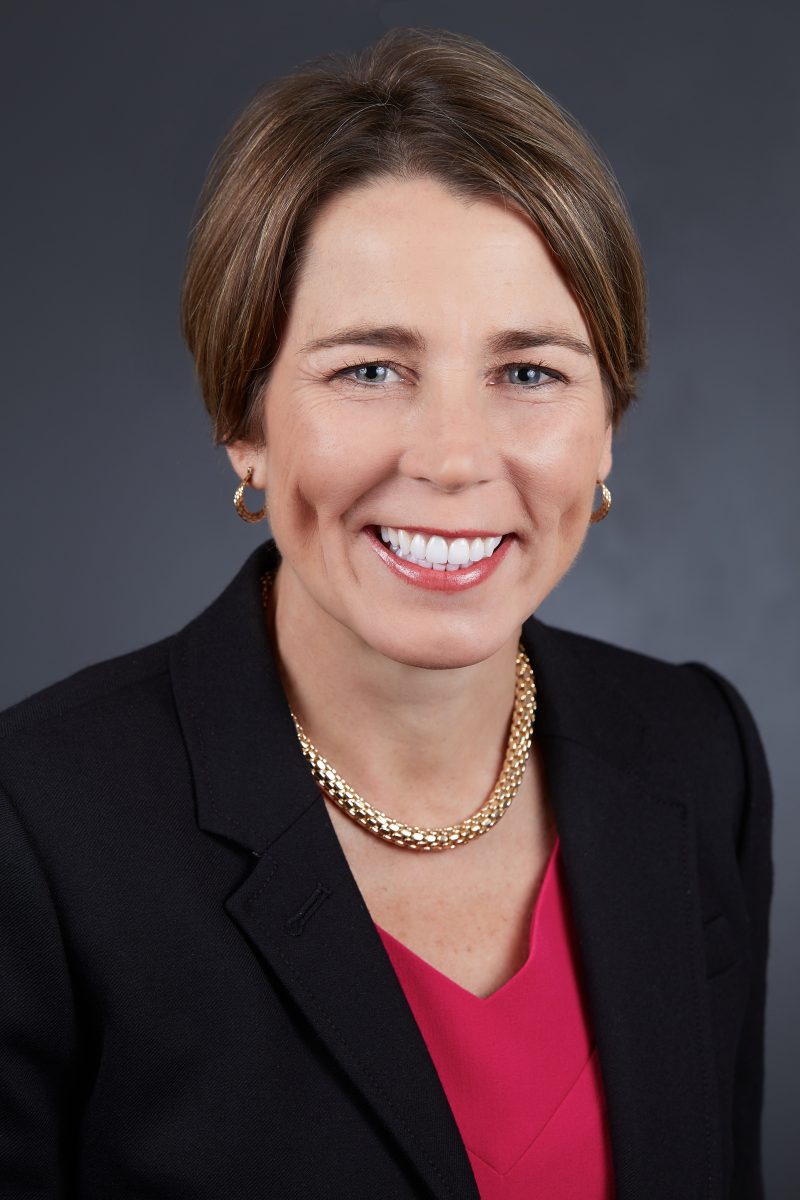BOSTON – Massachusetts Attorney General Maura Healey Tuesday joined a coalition of 22 attorneys general in urging Congress to pass legislation to help states address the public health threats posed by toxic “forever” chemicals.
In a letter sent to Congressional leadership, the attorneys general say federal legislation is urgently needed to help states address the growing dangers posed by a family of man-made, super-resilient chemicals known as per- and polyfluoroalkyl substances (PFAS), which are contaminating drinking water and other natural resources throughout the nation. The letter also urges Congress to provide financial assistance to help state and local governments offset the high costs associated with cleaning up drinking water supplies due to PFAS contamination.
“The Commonwealth, and Westfield particularly, is grateful for all of the recent support we have been getting from our State and Federal elected Officials,” said Mayor Brian P. Sullivan, after being notified of the letter by the Attorney General.
“Once again we are asking Congress to write legislation that would move the processes of the Department of Defense forward to alleviate the burden that has been put on the towns and cities of this Country in protecting and cleaning our very important natural resource,” Sullivan added.
Across the country, PFAS contamination is most often associated with military bases, firefighting training centers, civilian airports, and industrial facilities. The chemicals have been used for decades as ingredients in firefighting foam. As of March, there were at least 15 public water supplies in Massachusetts that had detectable levels of PFAS—many of which are adjacent to airports and other facilities where large quantities of firefighting foam have been utilized. Cities and towns across the state are spending large sums of money to ensure that Massachusetts drinking water is safe and not contaminated with PFAS.
In Westfield, PFAS compounds from Barnes Air National Guard’s use of fire-fighting foam were found in drinking water on the north side of town, causing three of the city’s wells in the area to be shut down. The City Council authorized a $13 million bond in 2018 to install Granular Activated Carbon (GAC) filtration on the four city wells, along with other water safety measures, to insure the safety of the drinking water.
“These toxic chemicals are putting the health of our firefighters, our military personnel, and our families in Massachusetts and across the country at serious risk,” Healey said. “We need Congress to act immediately to protect public health and help our cities and towns ensure our residents are protected from PFAS exposure and have safe drinking water.”
While both the U.S. Senate and House of Representatives have advanced legislation that addresses issues related to PFAS contamination, the attorneys general urge Congress in today’s letter to deal with “the most urgent legislative needs” of states as Congress works on a final agreement on this legislation. These urgent needs, based on the states’ firsthand experiences, include:
· Designating certain PFAS chemicals as “hazardous substances” under the federal Comprehensive Environmental Response, Compensation, and Liability Act (CERCLA), otherwise known as the “Superfund” law to provide mechanisms for funding cleanups, including at federal military sites.
· Including PFAS chemicals in the EPA’s Toxic Release Inventory (TRI) to provide information about potential new sources of these chemicals, as well as the areas of potential contamination.
· Providing funding for remediation of PFAS-contaminated drinking water supplies— particularly those in disadvantaged communities, where many residents face severe water affordability issues. Municipalities struggling to afford the high costs associated with cleaning up PFAS contamination in turn may raise water rates for their residents.
· Prohibiting the use and storage of firefighting foam containing PFAS at military bases and other federal facilities as soon as possible and in the meantime, providing immediate protective measures, especially when firefighting foam is used.
· Providing medical screening of PFAS exposure for appropriate personnel and members of the public, including but not limited to firefighters.
Joining Healey in sending the letter are the attorneys general of California, Connecticut, Delaware, District of Columbia, Guam, Hawai’i, Illinois, Iowa, Maine, Maryland, Michigan, Minnesota, Mississippi, New Jersey, New Mexico, New York, Oregon, Rhode Island, Virginia, Washington and Wisconsin.









